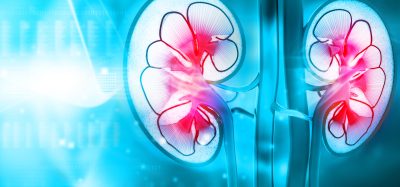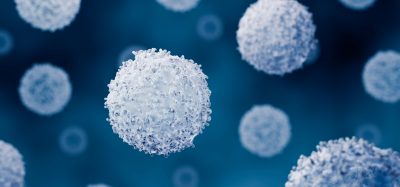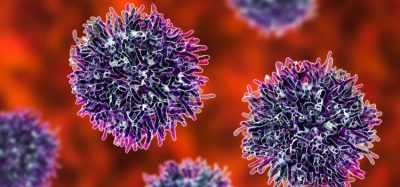Common antidepressant drugs fight cancer in mice, study shows
Posted: 11 June 2021 | Victoria Rees (Drug Target Review) | No comments yet
Monoamine oxidase inhibitors can block the function of a protein, helping T cells to effectively fight cancer, a study in mice has shown.


A class of drug called monoamine oxidase inhibitors (MAOIs) that is commonly prescribed to treat depression could be used to treat cancer, according to a new study. The research was conducted at the University of California, Los Angeles (UCLA), US.
“MAOIs had not been linked to the immune system’s response to cancer before,” said Associate Professor Lili Yang, senior author of the study. “What is especially exciting is that this is a very well-studied and safe class of drug, so repurposing it for cancer is not as challenging as developing a completely new drug would be.”
In an effort to develop new cancer immunotherapies, Yang and her colleagues compared immune cells from melanoma tumours in mice to immune cells from cancer-free animals. Immune cells that had infiltrated tumours had much higher activity of a gene called monoamine oxidase A (MAOA). MAOA’s corresponding protein, MAO-A, controls levels of serotonin and is targeted by MAOI drugs.
“For a long time, people have theorised about the cross-talk between the nervous system and the immune system and the similarities between the two,” said Yang. “So it was exciting to find that MAOA was so active in these tumour-infiltrating immune cells.”
Next, the researchers studied mice that did not produce MAO-A protein in immune cells. The scientists found that those mice were better at controlling the growth of melanoma and colon tumours. They also found that normal mice became more capable of fighting those cancers when treated with MAOIs.
Digging in to the effects of MAO-A on the immune system, the researchers discovered that T cells produce MAO-A when they recognise tumours, which diminishes their ability to fight cancer.
This discovery places MAO-A among a growing list of molecules known as immune checkpoints, which are molecules produced as part of a normal immune response to prevent T cells from overreacting or attacking healthy tissue in the body. Cancer has been known to exploit the activity of other previously identified immune checkpoints to evade attack by the immune system.
In one paper, the scientists report that MAOIs help block the function of MAO-A, which helps T cells overcome the immune checkpoint and more effectively fight cancer.
However, the drugs also have a second role in the immune system. Rogue immune cells known as tumour-associated macrophages often help tumours evade the immune system by preventing anti-tumour cells from mounting an effective attack.
The researchers discovered that MAOIs block immunosuppressive tumour-associated macrophages, effectively breaking down one line of defence that tumours have against the human immune system.
“It turns out that MAOIs seem to both directly help T cells do their job and stop tumour-associated macrophages from putting the brakes on T cells,” Yang said.
Yang said she suspects that MAOIs may work well in concert with a type of cancer immunotherapies called immune checkpoint blockade therapies, most of which work by targeting immune checkpoint molecules on the surface of immune cells.
Studies in mice showed that any of three existing MAOIs – phenelzine, clorgyline or mocolobemide – either on their own or in combination with a form of immune checkpoint blockade therapy known as PD-1 blockers, could stop or slow the growth of colon cancer and melanoma.
The team are planning additional studies to test the effectiveness of MAOIs in boosting human immune cells’ response to various cancers.
“We suspect that repurposing MAOIs for cancer immunotherapy may provide patients with dual antidepressant and antitumour benefits,” Yang said.
The findings are reported in Science Immunology and Nature Communications.
Related topics
Drug Repurposing, Immuno-oncology, Immunotherapy, In Vivo, Oncology, T cells
Related conditions
Cancer, Depression
Related organisations
University of California Los Angeles (UCLA)
Related people
Associate Professor Lili Yang







